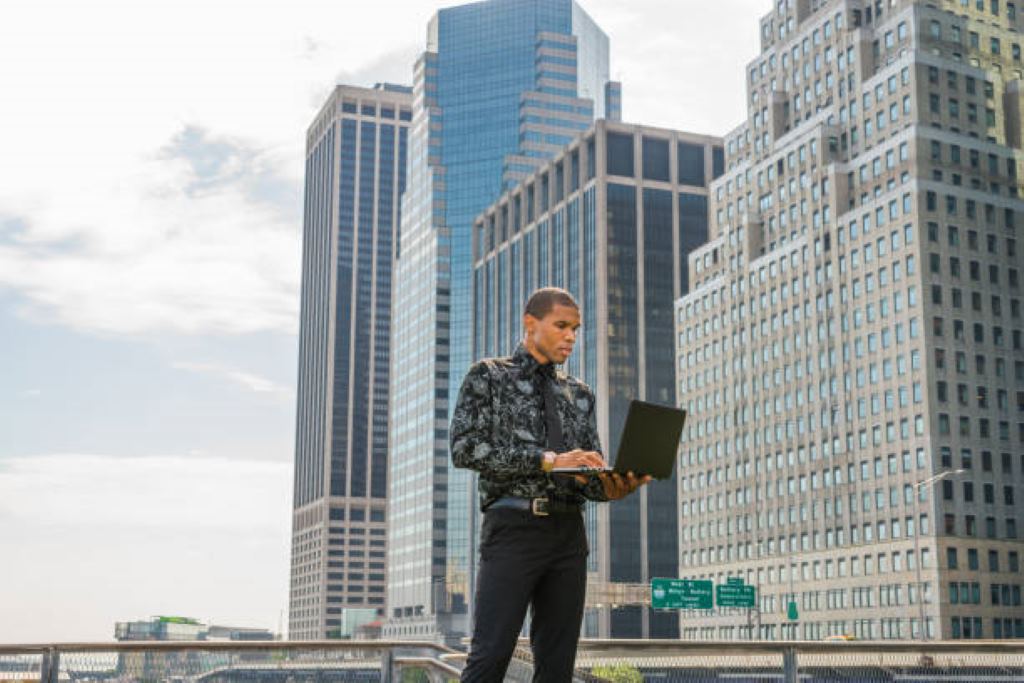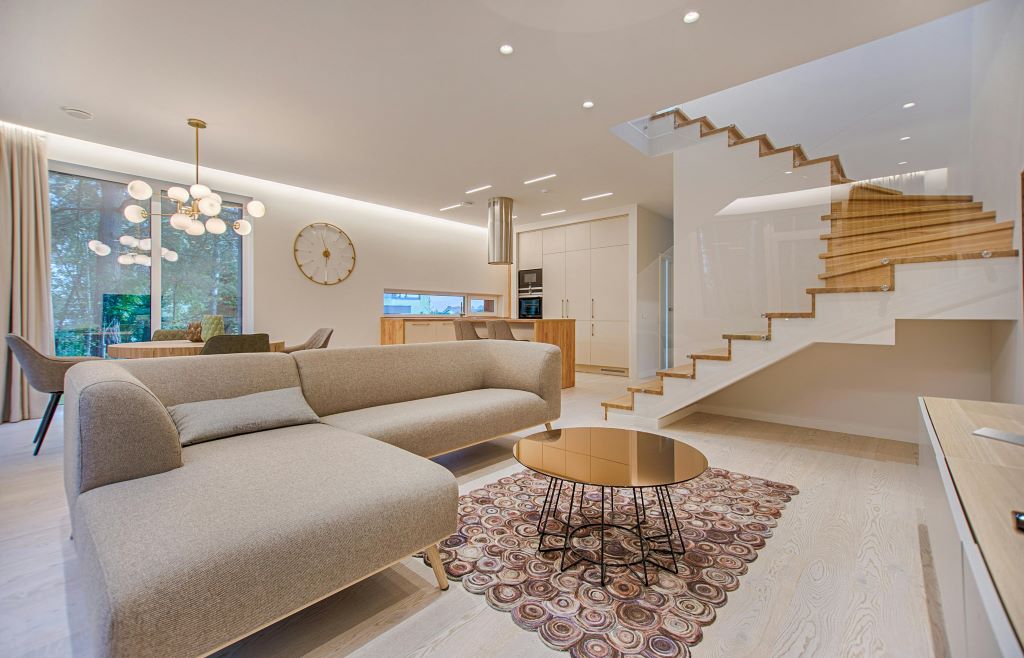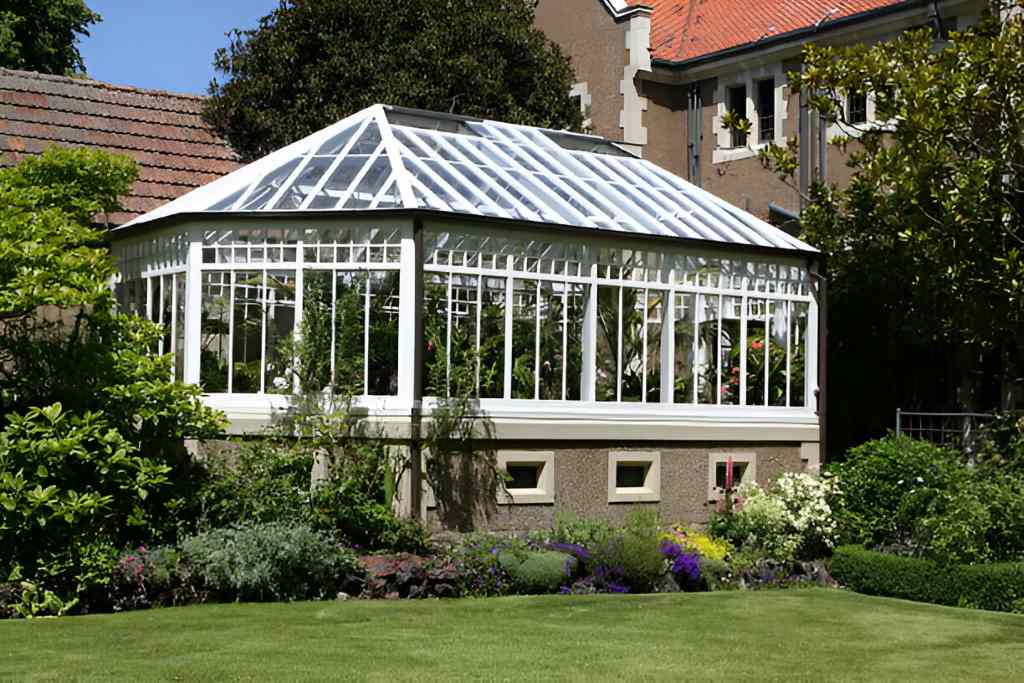
Commercial roofing plays a crucial role in real estate investment, impacting property value, tenant satisfaction, and overall profitability. Property owners must understand the significance of maintaining a sound roofing system to protect their investment and attract potential tenants.
This article explores the essential considerations surrounding commercial roofing within the realm of real estate investment, providing insights into its importance, maintenance strategies, and its influence on property value.
Importance of a Well-Maintained Roof in Real Estate Investment
Discover why maintaining a commercial roof is crucial for real estate investments. Explore how a well-maintained roof enhances property value, attracts tenants, and ensures long-term profitability in the competitive real estate market.
You may also visit USA Roof Masters if you want to check the best commercial roofing in real estate investment.
Enhancing Property Value
One of the primary considerations for property owners is the impact of commercial roofing on property value. A well-maintained roof enhances the aesthetic appeal of the building, contributing to its overall marketability and commanding higher rental rates or sales prices.
Prospective tenants and buyers often view the condition of the roof as a reflection of the property’s overall maintenance and structural integrity. Therefore, investing in quality roofing materials and regular maintenance can significantly increase the property’s value in the real estate market.

Tenant Satisfaction and Retention
In the realm of commercial real estate, tenant satisfaction is paramount for maintaining occupancy rates and ensuring a steady stream of rental income. A leaking or deteriorating roof can lead to water damage, mold growth, and disruption of business operations, resulting in tenant dissatisfaction and potential lease terminations.
By prioritizing proper roofing maintenance and addressing issues promptly, property owners can foster a positive tenant experience, leading to higher retention rates and long-term financial stability.
Factors Influencing Commercial Roofing Decisions
From material durability to climate considerations, uncover the essential elements that influence roofing choices and impact long-term investment success in commercial real estate.
Roofing Materials and Durability
When considering commercial roofing options, property owners must evaluate various factors, including the durability and longevity of different roofing materials. Common options such as asphalt shingles, metal roofing, EPDM, and TPO membranes each offer unique advantages in terms of durability, energy efficiency, and maintenance requirements.
Property owners should assess their specific needs, climate conditions, and budget constraints to select the most suitable roofing material that aligns with their long-term investment goals.
Climate Considerations and Weather Resistance
The geographical location of a commercial property plays a significant role in determining the appropriate roofing system. Properties situated in regions prone to extreme weather conditions, such as hurricanes, heavy snowfall, or intense sunlight, require roofing materials with enhanced weather resistance and durability.
Investing in high-quality roofing materials designed to withstand the local climate can mitigate the risk of damage and minimize the need for frequent repairs or replacements, ultimately preserving the property’s value and minimizing operational disruptions.
Maintenance Strategies for Long-Term Roof Performance
Learn how regular inspections, proactive repairs, and scheduled replacements can safeguard your investment, minimize costs, and maintain tenant satisfaction in the competitive real estate market.

Regular Inspections and Maintenance
To prolong the lifespan of a commercial roof and prevent costly repairs, property owners should implement a proactive maintenance plan that includes regular inspections and maintenance activities.
Qualified roofing contractors can conduct comprehensive inspections to identify potential issues such as leaks, cracks, or deterioration of roofing materials.
Timely repairs and preventive maintenance measures, such as cleaning gutters, removing debris, and sealing seams, can address minor issues before they escalate into major problems, saving property owners time and money in the long run.
Scheduled Roof Replacements
Despite proactive maintenance efforts, commercial roofs have a finite lifespan and will eventually require replacement to ensure continued performance and structural integrity. Property owners should establish a timeline for roof replacement based on the age of the existing roof, material type, and environmental factors.
By budgeting for scheduled roof replacements and proactively planning for this significant capital expenditure, property owners can avoid unexpected disruptions to business operations and maintain the property’s market value over time.
Impact of Commercial Roofing on Property Investment Returns
From cost-effective energy efficiency upgrades to insurance considerations, uncover how strategic roofing decisions can enhance property value, attract tenants, and maximize returns on investment in the dynamic real estate market.
Cost-Effective Energy Efficiency Upgrades
In addition to protecting the building from the elements, commercial roofing can also play a crucial role in improving energy efficiency and reducing operational costs for property owners.
Investing in energy-efficient roofing materials, such as cool roofs or reflective coatings, can help mitigate heat absorption and lower cooling costs during the summer months.
By implementing cost-effective energy efficiency upgrades as part of the roofing system, property owners can enhance the property’s sustainability credentials, attract environmentally conscious tenants, and potentially command higher rental rates or property valuations.
Insurance and Liability Considerations
Property owners must also consider insurance and liability implications related to the commercial roofing system. Adequate insurance coverage for property damage, including roof-related issues such as leaks or storm damage, is essential to mitigate financial risks and protect the investment.
Additionally, property owners should ensure compliance with building codes and safety regulations to minimize the risk of accidents or injuries resulting from roofing failures.
By addressing insurance and liability considerations proactively, property owners can safeguard their investments and maintain a secure operating environment for tenants and employees.

Conclusion
Commercial roofing plays a critical role in real estate investment, influencing property value, tenant satisfaction, and long-term profitability.
Property owners must prioritize regular maintenance, invest in quality roofing materials, and consider factors such as climate resilience and energy efficiency to maximize returns on their investment.
By understanding the significance of commercial roofing within the context of real estate, property owners can make informed decisions to protect their assets, attract tenants, and achieve sustainable financial success in the competitive real estate market.







